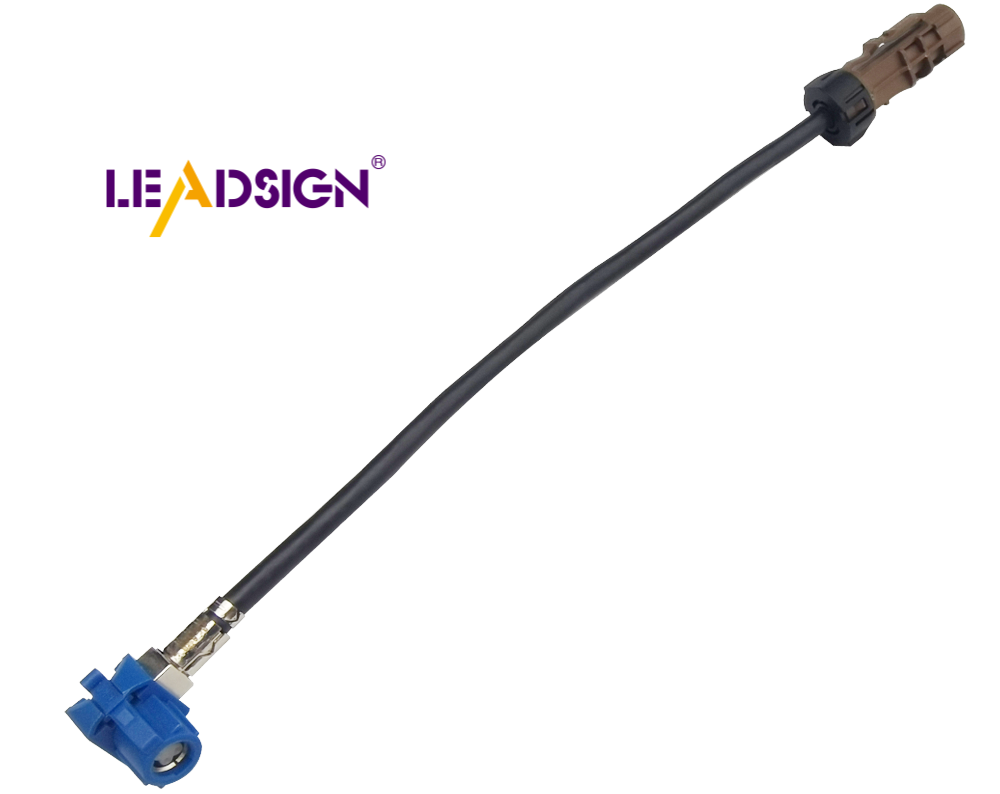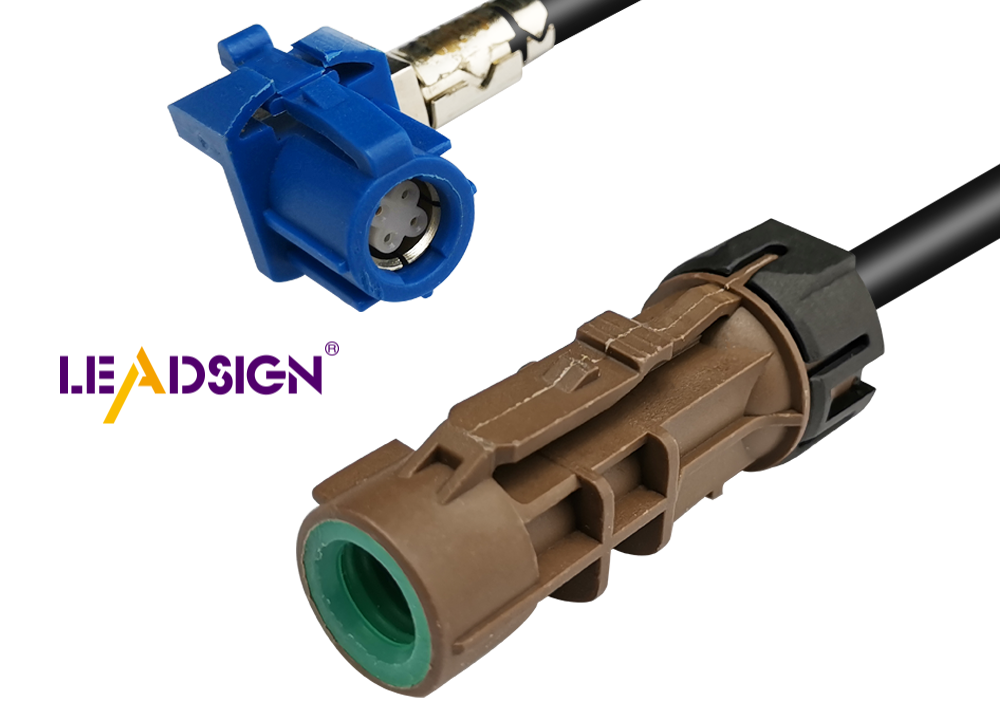How to Identify Quality Automotive Wire for Your Needs

Selecting the right auto wire is crucial. Using the wrong wire can lead to electrical issues. Many find it challenging to make the right choice due to the variety of options and details that can confuse buyers. High-quality auto wire is essential for vehicle safety and performance. Superior wires ensure safety and functionality, while poor-quality wires can result in short circuits and fires. Understanding auto wire helps you make informed decisions.
Understanding Automotive Wire Basics

Types of Automotive Wire
Primary Wire
Primary wire is the most common auto wire. It's used for general electrical work in cars. This wire has many small strands, making it bendable. The cover is often made from strong PVC. This helps keep out grease, oil, and acids.
Battery Cable
Battery cables carry lots of electricity. They link the battery to the car's electric system. These cables have thicker strands for tough jobs. Good insulation keeps them safe and efficient.
Specialty Wires
Specialty wires like HSD cables are for special car electronics. They help with things like infotainment systems. High-quality specialty wires work well in complex setups.
Key Characteristics of Quality Wire
Material Composition
Material makes a big difference in wire quality. Copper is best because it conducts electricity well and bends easily. Aluminum is lighter but doesn’t conduct as well.
Insulation Quality
Insulation protects wires from damage outside. Good insulation stops heat, chemicals, and scratches from harming wires. It makes wires last longer and safer.
Temperature Rating
Temperature rating shows how much heat a wire can handle. Higher ratings mean it can take more heat. This is important for keeping performance high in tough places.
Why Wire Size Matters
Picking the right wire size is very important. It keeps car electrical systems safe and working well. The AWG system helps pick the right size. It tells us how thick or thin a wire is.
Gauge and Its Effects
What Wire Gauge Means
AWG measures how wide a wire is. Bigger numbers mean thinner wires. For example, 18-gauge is skinnier than 16-gauge. Same sizes from different makers make wires reliable. This stops mistakes in labeling.
How Gauge Changes Performance
Wire thickness affects how it works a lot. Thick wires carry more power safely. Thin wires can get too hot with too much power. Picking the right size stops problems and breaks. Right gauge makes auto wire last longer.
Finding the Right Size
Things to Think About
Many things decide what wire size you need. How much power and how long the wire is matter most. Long wires need to be thicker to keep power strong. Hot places need wires that handle heat better.
Real-Life Examples
Think about a car's music system. Short wires might use 16-gauge fine, but long ones need 14-gauge for good sound and less resistance. Big-power gadgets need thicker wires for safety, stopping overheating risks.
Technical Aspects and Considerations
Connectors and Terminals
Types of Connectors
Connectors link wires to car parts. Different connectors do different jobs. Bullet connectors are easy to use. Spade connectors fit snugly in slots. Butt connectors join two wires well. Each type is good for certain tasks.
Choosing the Right Terminal
Picking the right terminal is important for strong links. Ring terminals hold tight for tough tasks. Fork terminals are quick to connect. The right terminal stops electrical problems. Always match terminal size with wire size for best results.
Resistance and Conductivity
Measuring Resistance
Resistance shows how much a wire blocks electricity. High resistance makes heat build up. Use a meter to check wire resistance in cars. Low resistance means better workability. Regular checks keep things safe and efficient.
Importance of Conductivity
Conductivity tells how well a wire carries power. Copper wires conduct very well. Aluminum wires are lighter but less conductive. Good conductivity keeps power flowing smoothly. Pick materials that fit your car's needs for best performance.
Helpful Tips and Comparisons
Looking at Wire Brands
LEADSIGN vs. Others
LEADSIGN makes top auto wires for car electronics. Their wires are good at carrying power and bending easily. Many people like LEADSIGN for high-tech car systems. Other brands have similar wires but might miss some features. LEADSIGN wires often last longer in tough tests. Think about using LEADSIGN for strong performance in hard places.
Picking the Right Brand
Pick a brand that fits your needs. Look at what the wire is made of. Copper wires usually carry power better. Check if the insulation protects well from bad weather. Read what customers say and see their ratings. Compare prices to get good value for money. Choose a brand that matches your car's needs.
Choosing good car wire keeps you safe and your car working well. Great wires stop problems and help your car run better. Look at the wire's material, how it's covered, and how much heat it can handle. Picking the right size is important for power to move easily. Check brands like LEADSIGN for being strong and lasting long. Use this info to pick the best wires for your car needs. Always choose quality and fit for the best results.
See Also
Maximizing Automotive Data Transfer: Cutting-Edge Connectors and Cables
Streamlining Auto Data Transfer: Innovative Connectors and Cables
Fundamentals of High-Speed Connectors in Auto Sector

